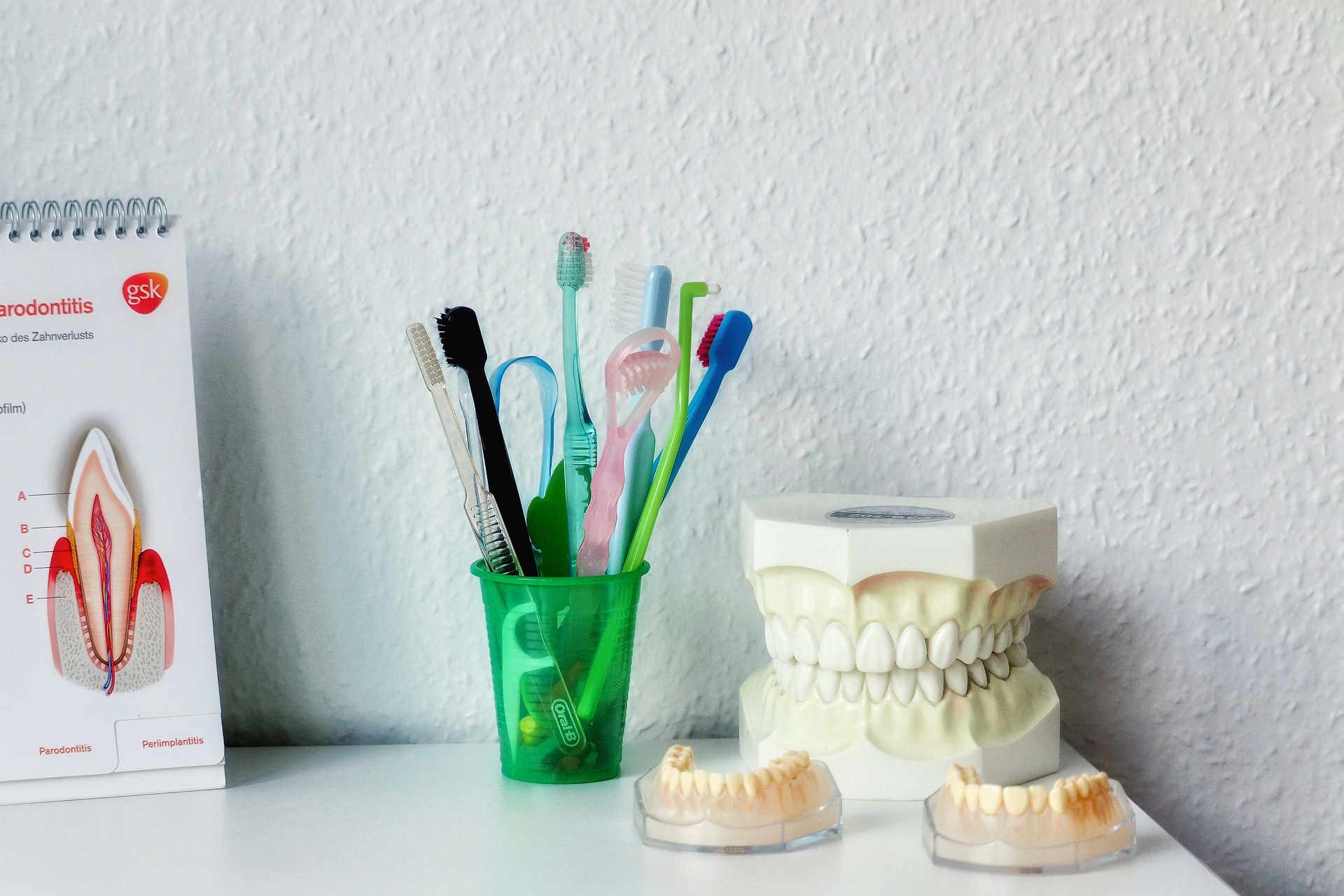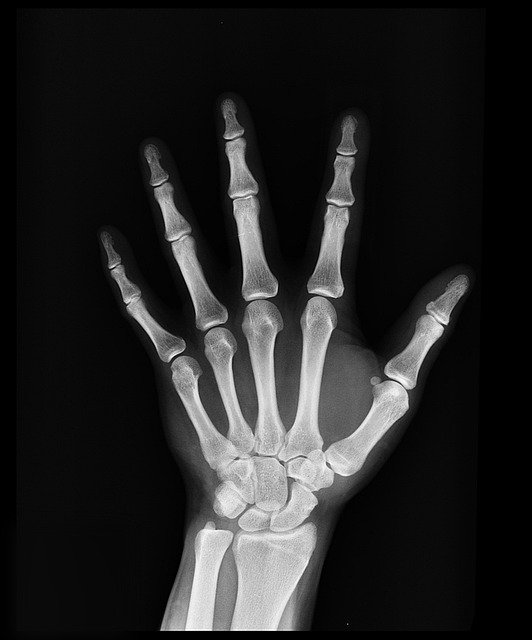Start a Career as a Dental Assistant Training Opportunities in Australia
A career as a dental assistant offers stability and opportunities for growth in the healthcare industry in Australia. Whether you’re new to the field or looking to expand your skills, age is not a barrier to starting this journey. With training programs available locally across Australia, you can learn the necessary skills to work in dental clinics and contribute to patient care. Discover how dental assistant training can open doors to a rewarding and fulfilling career path in Australia.
What Does a Dental Assistant Do in a Clinic Setting?
Dental assistants perform various essential tasks that keep dental practices running smoothly. Their responsibilities include preparing treatment rooms, sterilizing instruments, assisting dentists during procedures, and managing patient records. They also help with taking X-rays, providing post-treatment instructions, and ensuring compliance with safety and infection control protocols. The role requires excellent communication skills, attention to detail, and the ability to work well in a team environment.
How Can Training Programs Prepare You for a Dental Assistant Role?
Formal training programs in Australia typically combine classroom instruction with hands-on practical experience. Students learn about dental anatomy, sterilization procedures, radiography, and patient care fundamentals. Most programs include units on dental materials, emergency procedures, and practice management. Training usually takes 12-18 months to complete, depending on whether you choose full-time or part-time study options.
What Qualifications Do You Need to Become a Dental Assistant?
The Certificate III in Dental Assisting (HLT35021) is the standard qualification required to work as a dental assistant in Australia. This nationally recognized certification ensures you meet industry standards and have the necessary skills to work in dental clinics. Some programs also offer additional certifications in radiography or oral health education, which can enhance your career prospects.
Why Is Dental Assisting a Smart Career Choice for Job Stability?
The dental industry in Australia continues to grow, creating steady demand for qualified assistants. The healthcare sector’s stability, combined with an aging population requiring more dental services, means consistent employment opportunities. Many dental assistants also find opportunities to advance their careers through specialized training or moving into practice management roles.
What Are the Key Requirements for Dental Assistant Training?
To enroll in a dental assistant training program, you typically need to have completed Year 10 or equivalent. Good physical health, manual dexterity, and strong interpersonal skills are essential. Many training providers require students to undergo health screenings and obtain necessary vaccinations before starting clinical placements.
What Are the Training Costs and Provider Options?
| Training Provider | Course Duration | Approximate Cost |
|---|---|---|
| TAFE NSW | 12 months | $2,500 - $3,500 |
| Dental Assistants Professional Association | 18 months | $3,000 - $4,000 |
| Australian Dental Association Programs | 15 months | $2,800 - $3,800 |
| Private RTOs | 12-18 months | $3,500 - $5,000 |
Prices, rates, or cost estimates mentioned in this article are based on the latest available information but may change over time. Independent research is advised before making financial decisions.
A career in dental assisting offers a clear pathway to employment in Australia’s healthcare sector. With structured training programs, recognized qualifications, and ongoing demand for skilled professionals, it represents an excellent choice for those seeking a stable and rewarding career in healthcare. The combination of technical skills, patient care, and professional development opportunities makes this field particularly attractive for individuals looking to make a meaningful contribution to oral healthcare.
This article is for informational purposes only and should not be considered medical advice. Please consult a qualified healthcare professional for personalized guidance and treatment.





